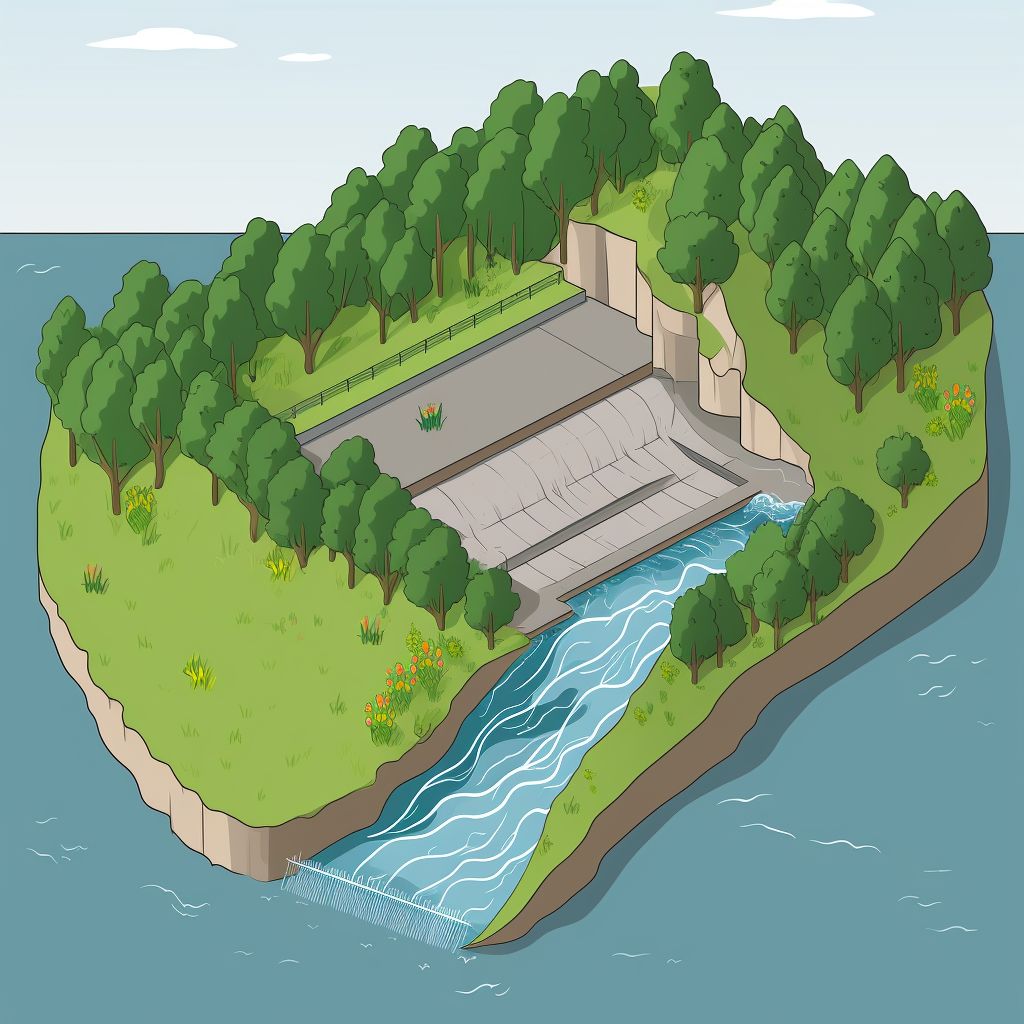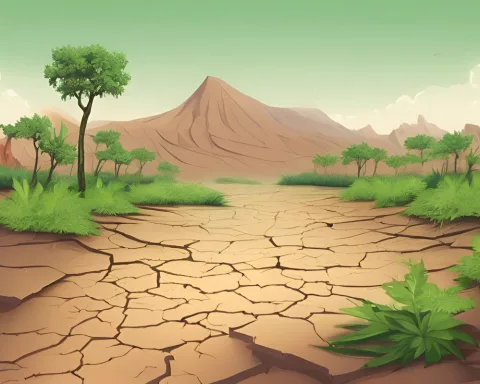Mpumalanga Province, located in the northeastern part of South Africa, has experienced a surge in rainfall that has resulted in a significant increase in water levels in various dams and catchment areas. As of the weekly state of reservoirs report dated 08 May 2023, the Department of Water and Sanitation (DWS) has released data indicating that the average dam levels in the province have risen from 98.5% to 98.8%. Although this is a welcome development, residents are still encouraged to conserve water due to the country’s overall water scarcity.
Water Management Areas
To fully understand the current state of water levels in Mpumalanga Province, it is essential to examine the specific changes within each of the province’s Water Management Areas (WMA) and districts. The Olifants Water Management Area (WMA), which includes parts of Mpumalanga, Limpopo, and North West provinces, has seen a slight increase in water levels from 89.5% to 89.9%. Meanwhile, the Inkomati-Usuthu WMA, which spans Mpumalanga, Eswatini, and Mozambique, has experienced a slight rise in water levels from 99.6% to 99.7%.
Districts
Within Mpumalanga Province, the Ehlanzeni District has recorded an increase in water volumes from 100.4% to 100.6%. In the Lowveld region, all dams, except Da Gama Dam, have reported improvements in water volumes. However, the Ohrigstad Dam is the only listed dam with water levels below 100%, currently at approximately 98%.
On the other hand, the Gert Sibande District recorded mixed results, with some dams experiencing increased water levels and others seeing a decline, resulting in an overall drop in water volumes for the district from 98.5% to 98.4%. Nooitgedacht Dam, Vygeboom Dam, Morgenstond Dam, and Heyshope Dam all registered growth in water levels, while Grootdraai Dam, Jericho Dam, and Westoe Dam recorded a decrease.
In the Nkangala District, all listed dams have exhibited improved water volumes, including Witbank Dam, Middelburg Dam, Loskop Dam, and Rhenosterkop / Mkhombo Dam.
Continued Call for Water Conservation and Safety
Despite the current favorable water levels in Mpumalanga Province, the DWS urges the public to use water responsibly and sparingly. South Africa is a water-scarce country where every drop of water counts. In addition to promoting water conservation, the DWS also advises caution during periods of heavy rainfall. Residents should prioritize safety by avoiding crossing raging rivers and flooded roads and bridges.
In conclusion, while the recent increase in rainfall has positively impacted water levels in Mpumalanga Province, it is necessary for residents to continue practicing water conservation and maintaining safety during periods of heavy rain. With a collective effort, the region can ensure the sustainable management of this precious resource.












